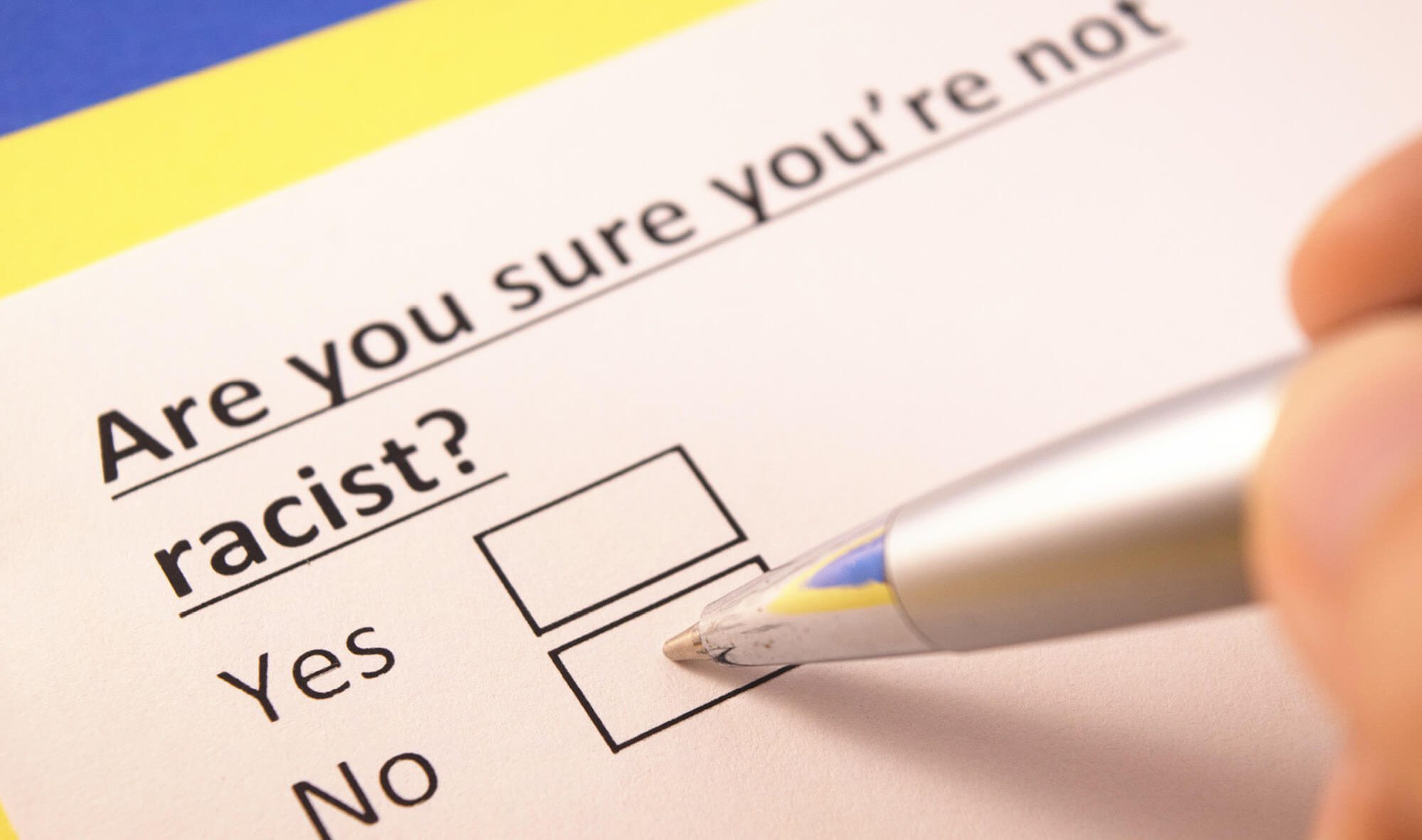How prejudice spreads

When you insist you’re not racist, you may unwittingly be sending the opposite message.
That’s the conclusion of a new study by Berkeley Haas researchers who conducted experiments with white participants claiming to hold egalitarian views. After assessing their underlying racial attitudes then asking them to write statements explaining why they weren’t prejudiced against Black people, they found that other white people could nevertheless gauge the writers’ underlying racism.
“Our results suggest that the explicit goal of appearing egalitarian might blind people to the possibility that they could be communicating, and perpetuating, prejudicial attitudes,” says Asst. Prof. Drew Jacoby-Senghor.
What were those linguistic cues? The most powerful indicator, they found, was language that dehumanized or objectified African Americans—for example, “I have a great relationship with the Blacks.”
Co-authored by Derek Brown, PhD 23, and Michael Rosenblum, PhD 20, the research also found that white readers reported greater racism toward Black people after reading statements from self-avowed white egalitarians who scored high on underlying prejudice. In other words, the readers mirrored the attitudes of the writers, even when they reported they were ideologically dissimilar (conservative vs liberal).